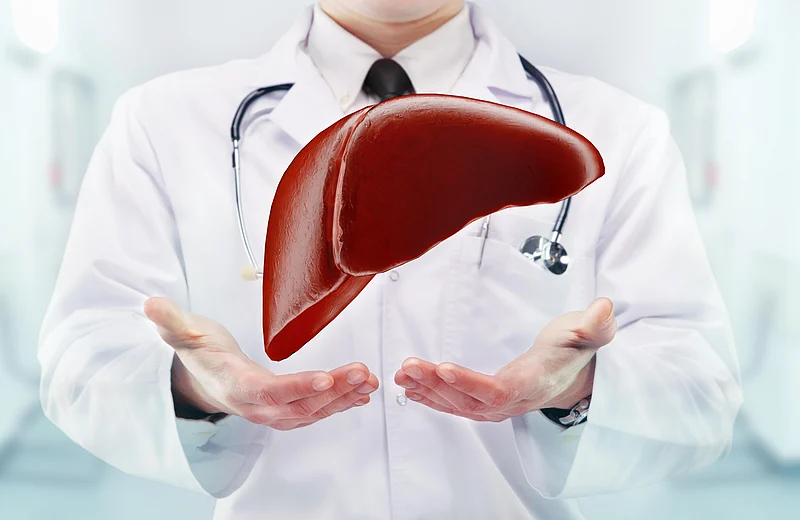Get Healthy!

- Dennis Thompson
- Posted October 18, 2022
Some Donor Livers Keep Working for 100 Years: Study
Some human livers are tougher than others, lasting more than 100 cumulative years between the organ's original host and a transplant recipient, a new study discovers.
Understanding what makes these livers so resilient could help improve the donor pool by paving the way for expanded use of livers from older donors, the researchers said.
"We previously tended to shy away from using livers from older donors,"said study co-author Dr. Christine Hwang, an associate professor of surgery with the University of Texas Southwestern Medical Center, in Dallas. "If we can sort out what is special amongst these donors, we could potentially get more available livers to be transplanted and have good outcomes."
There were more than 11,000 U.S. patients on the liver transplant waiting list as of mid-September, the study authors noted.
For their study, the researchers used data from the United Network for Organ Sharing to identify livers that were at least 100 years old when you considered the organ's initial age at transplant plus its post-transplant survival.
Out of more than 253,000 livers transplanted between 1990 and 2022, researchers identified 25 so-called "centurion"livers.
The average donor age was significantly higher for these long-lasting livers, about 85 years compared with about 39 years for non-centurion livers, the researchers reported. The donors also had a lower incidence of diabetes and fewer infections.
Centurion livers also benefited from the best donors and recipients. Liver donors had lower levels of enzymes that can cause problems for transplantation, while the recipients had significantly lower scores on a scale that measures the urgency of their need for a transplant.
The findings were presented Sunday at the American College of Surgeons' annual meeting, in San Diego.
"Livers are incredibly resilient organs,"lead researcher Yash Kadakia, a medical student at UT Southwestern Medical School, said in a meeting news release. "We're using older donors, we have better surgical techniques, we have advances in immunosuppression, and we have better matching of donor and recipient factors. All these things allow us to have better outcomes."
Research presented at medical meetings should be considered preliminary until published in a peer-reviewed journal.
More information
Johns Hopkins Medicine has more about liver transplants.
SOURCE: American College of Surgeons, news release, Oct. 16, 2022




